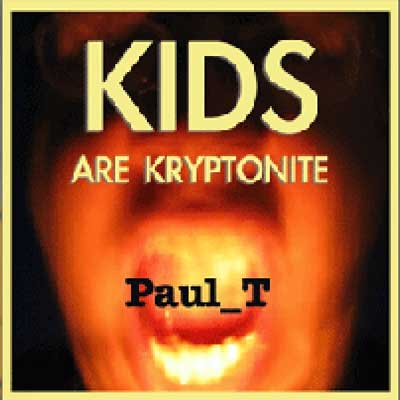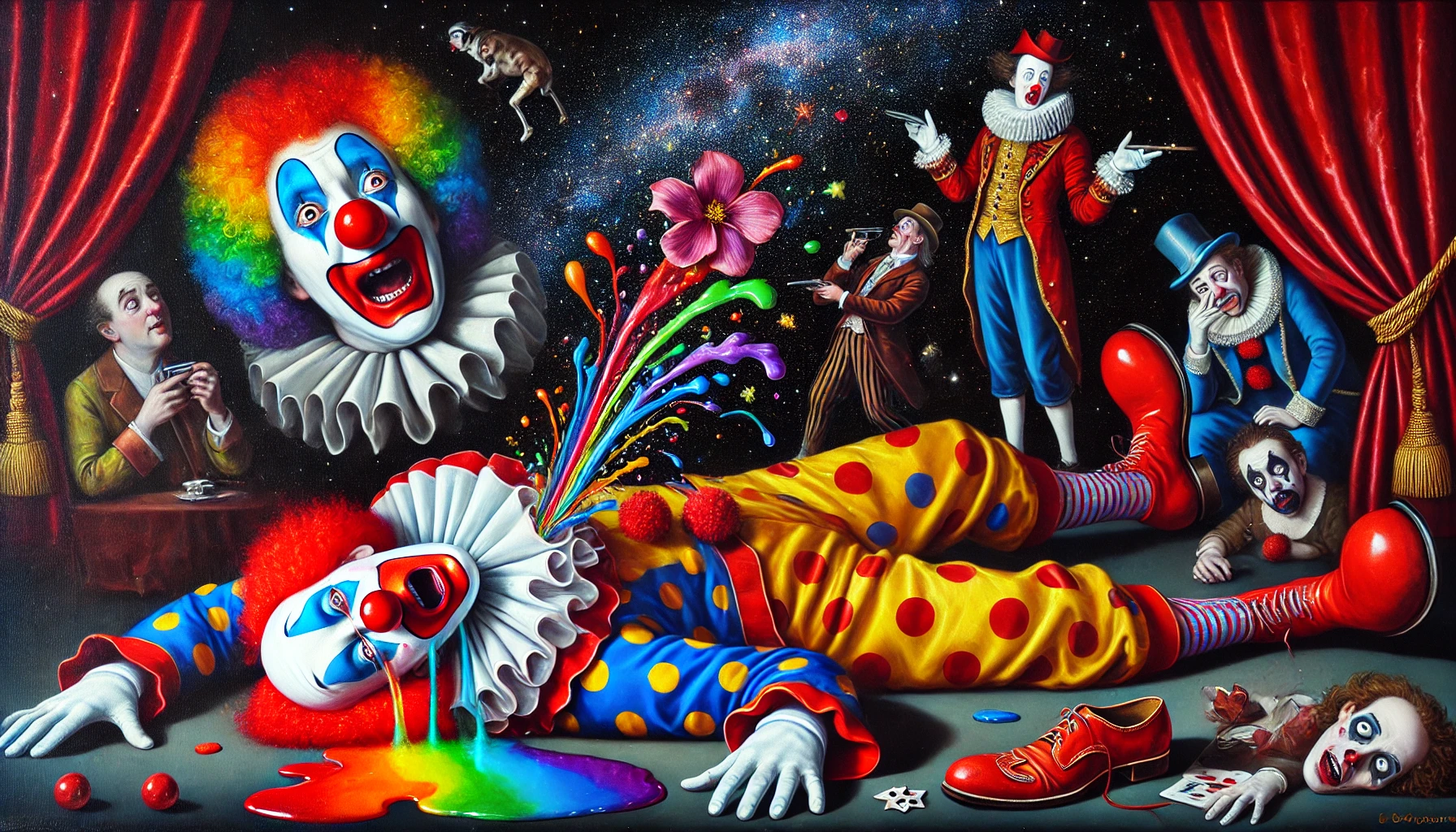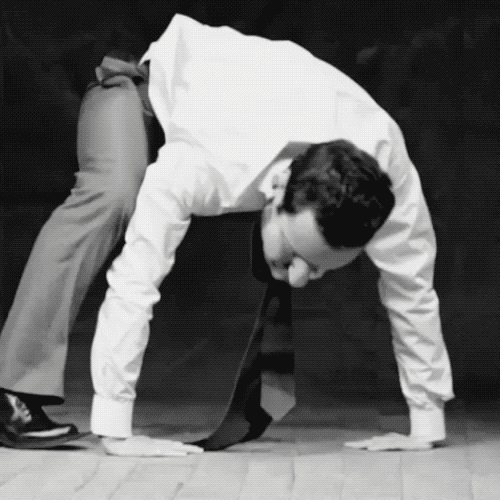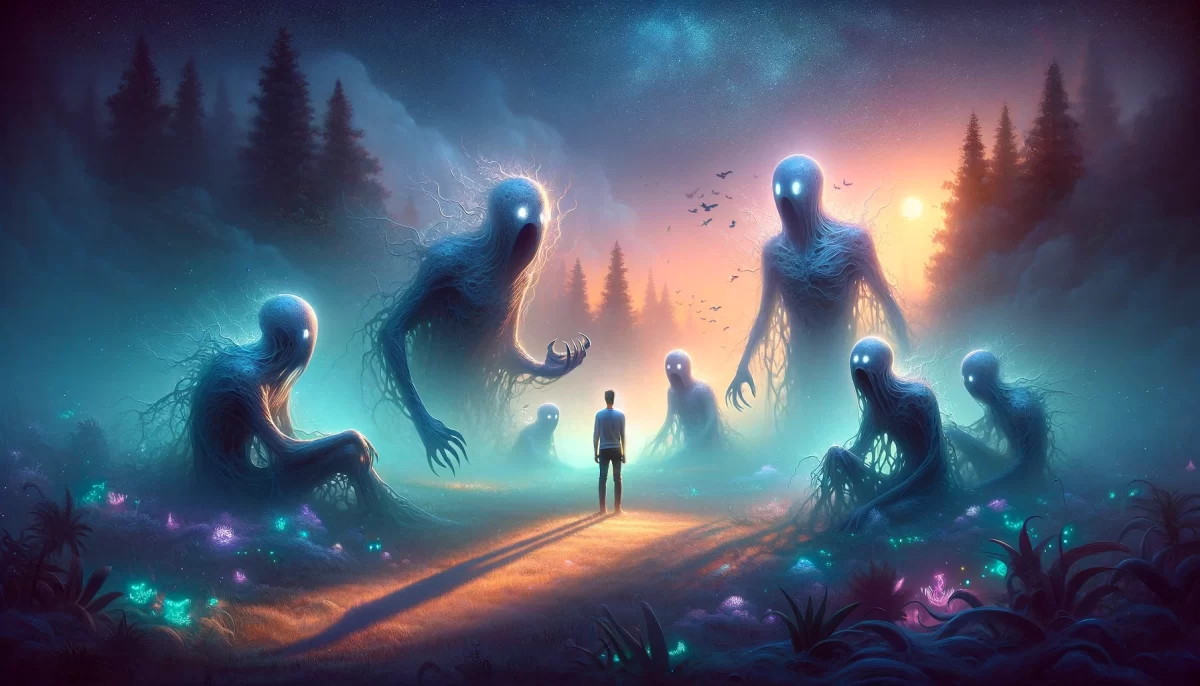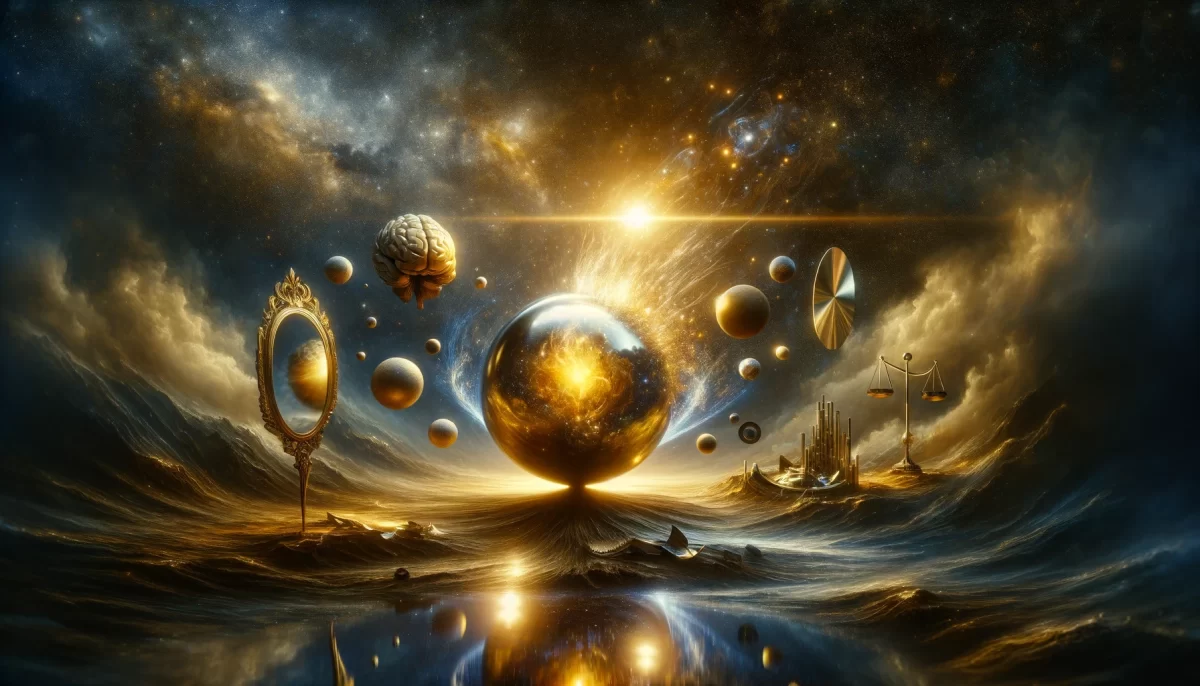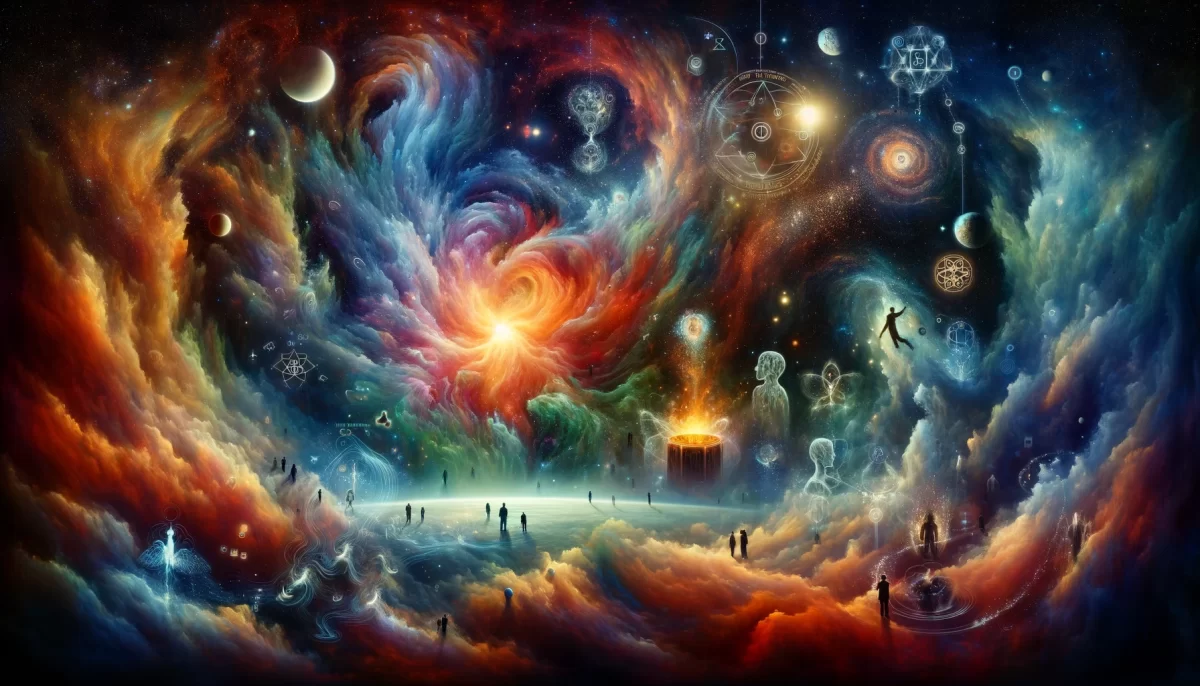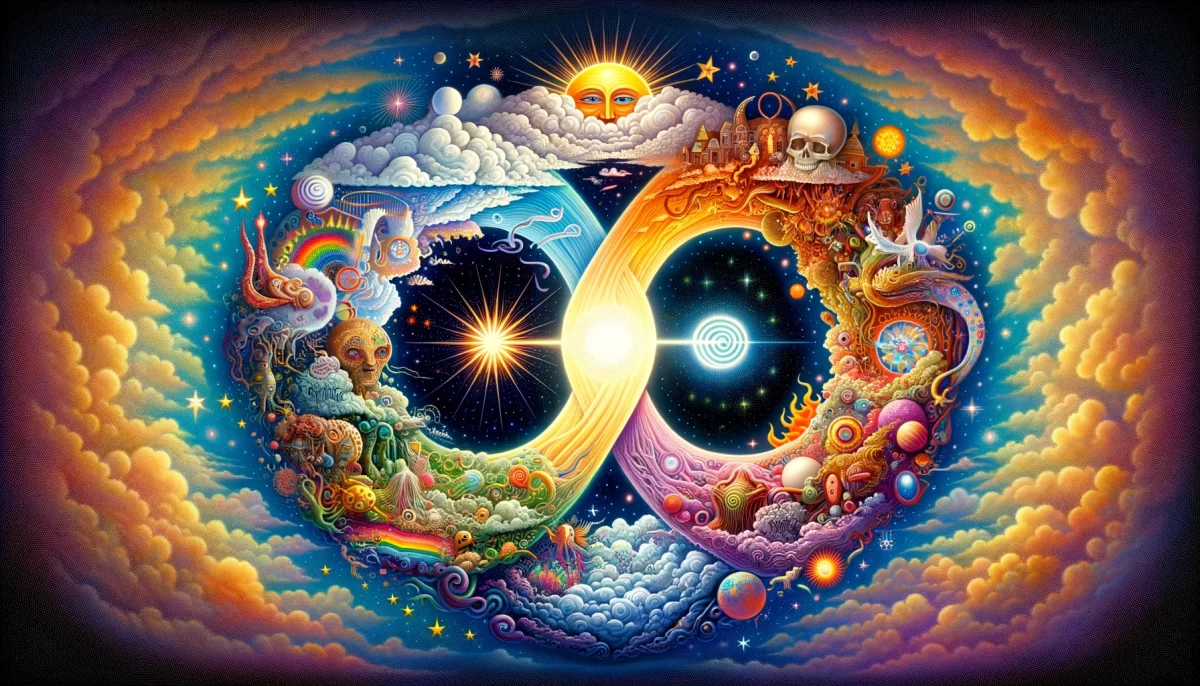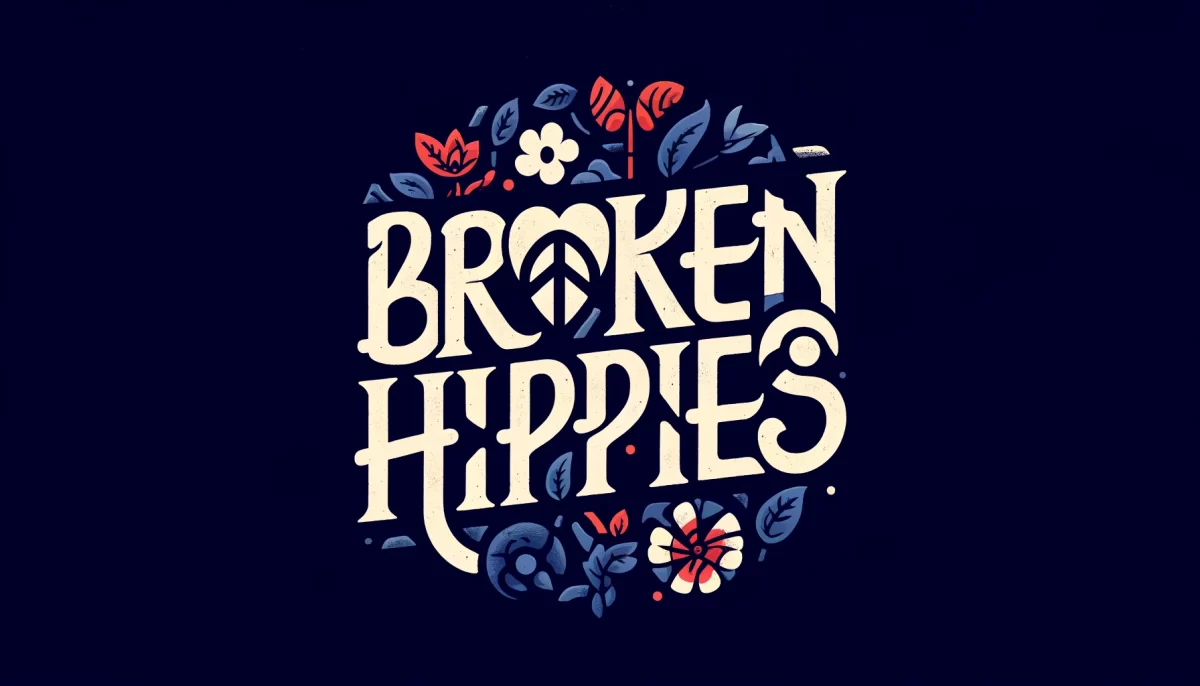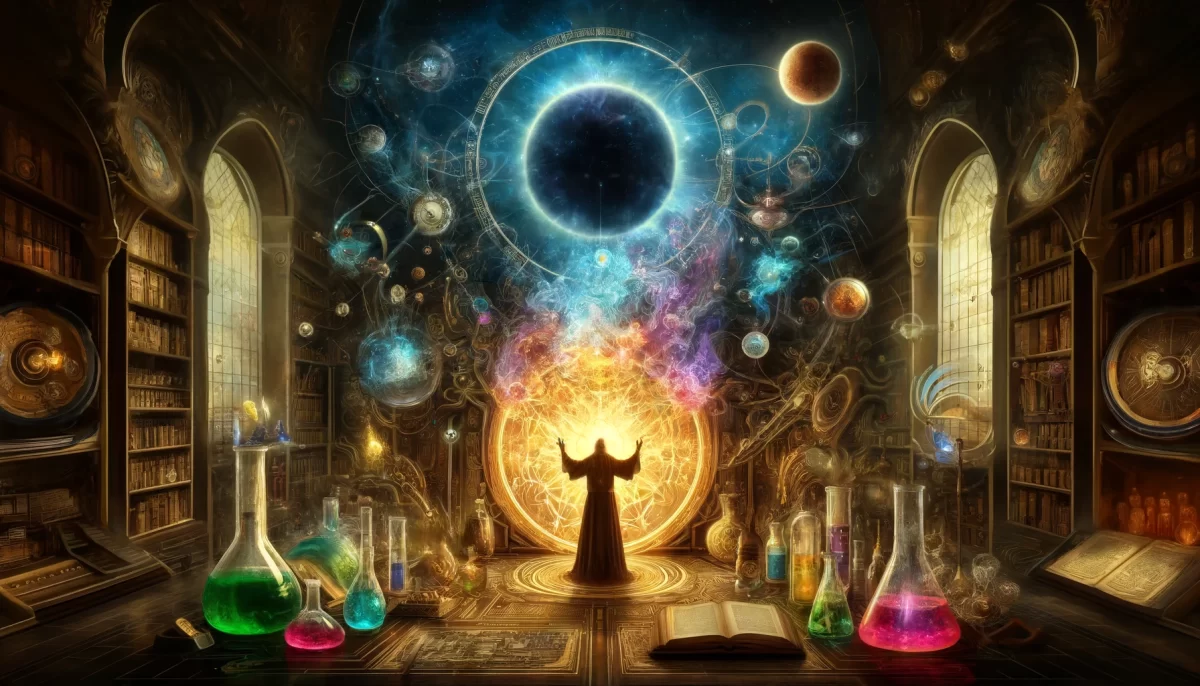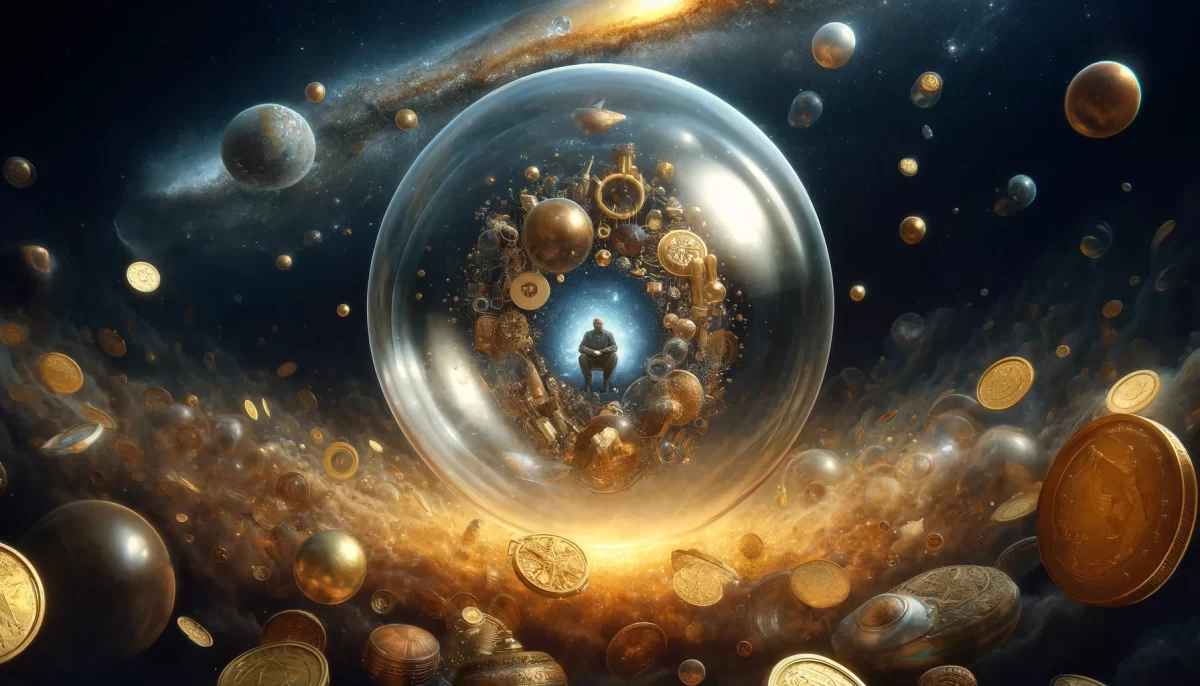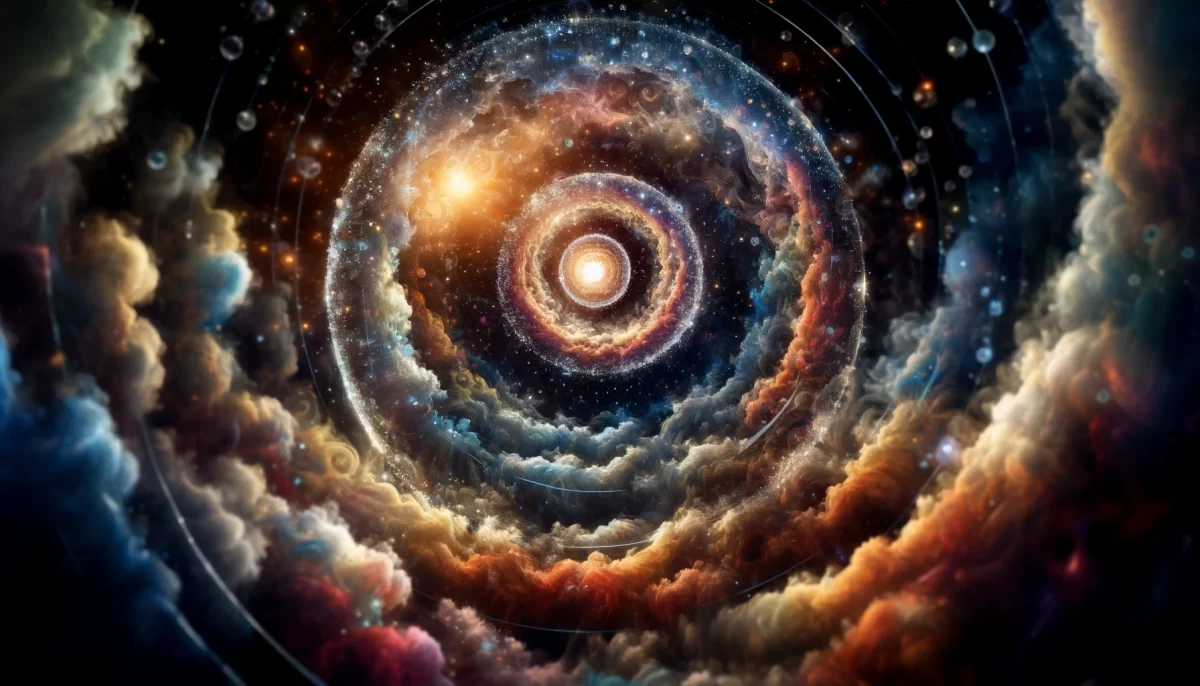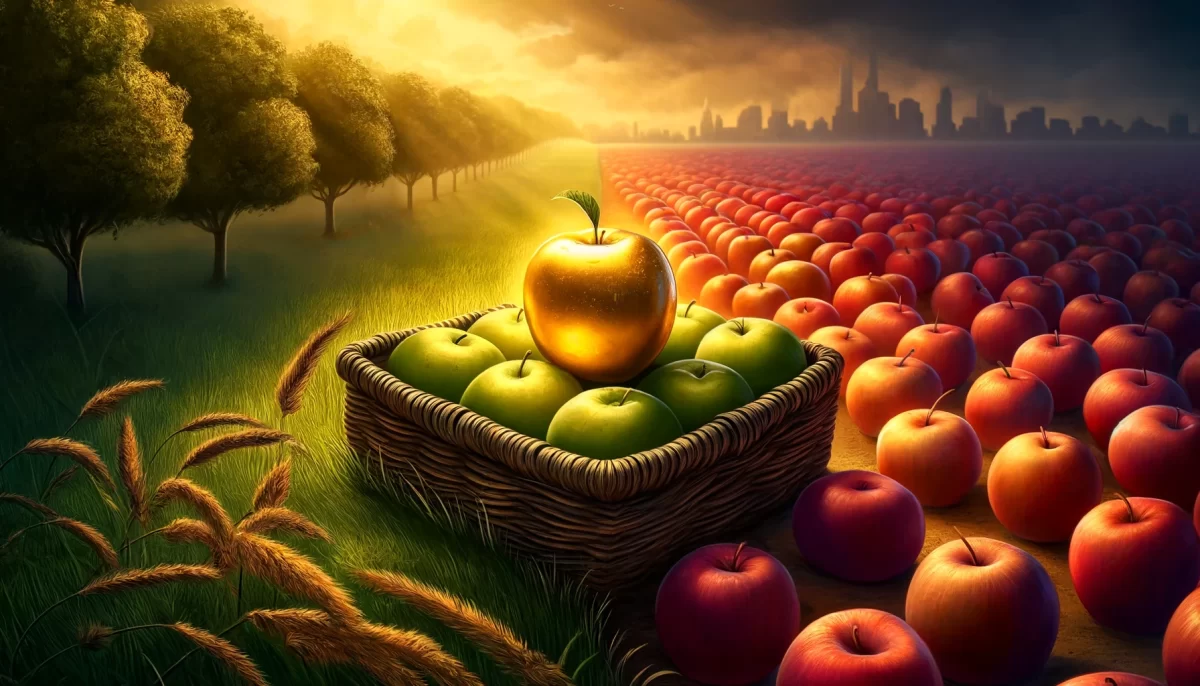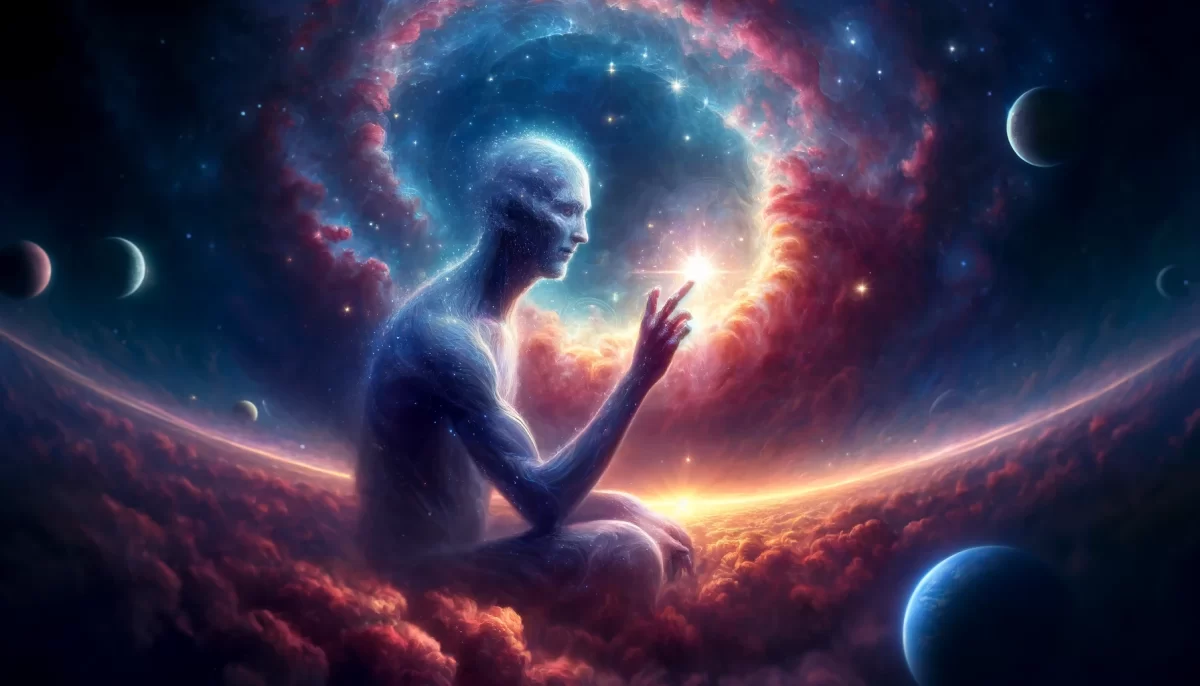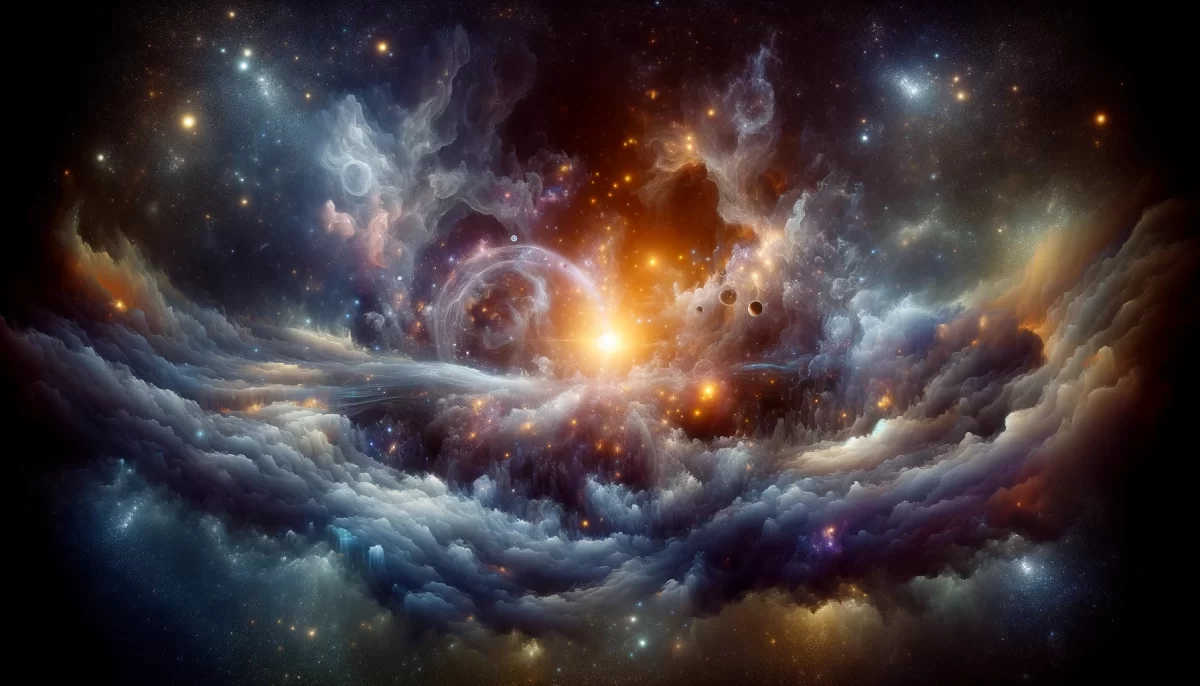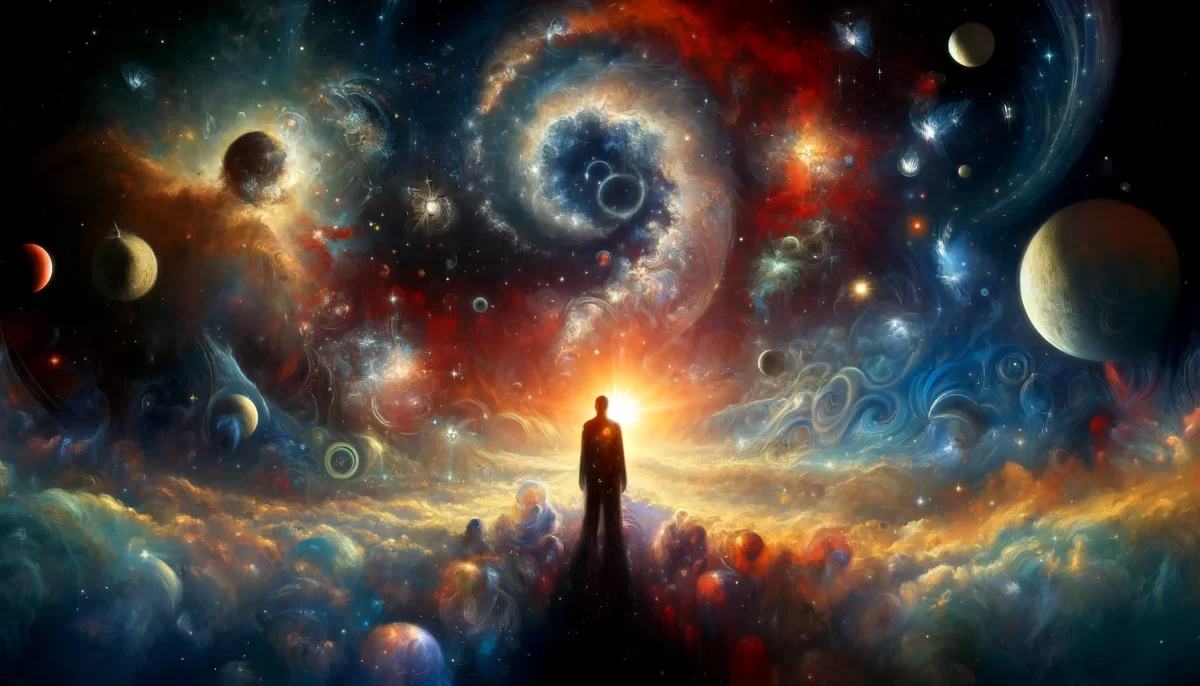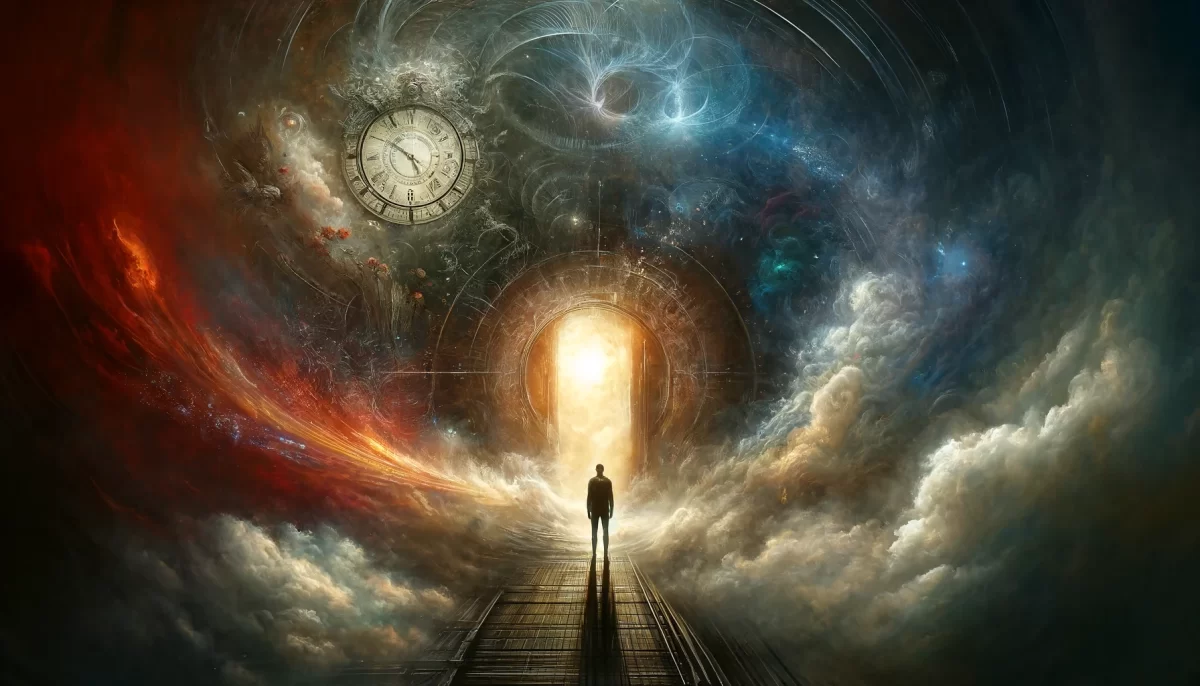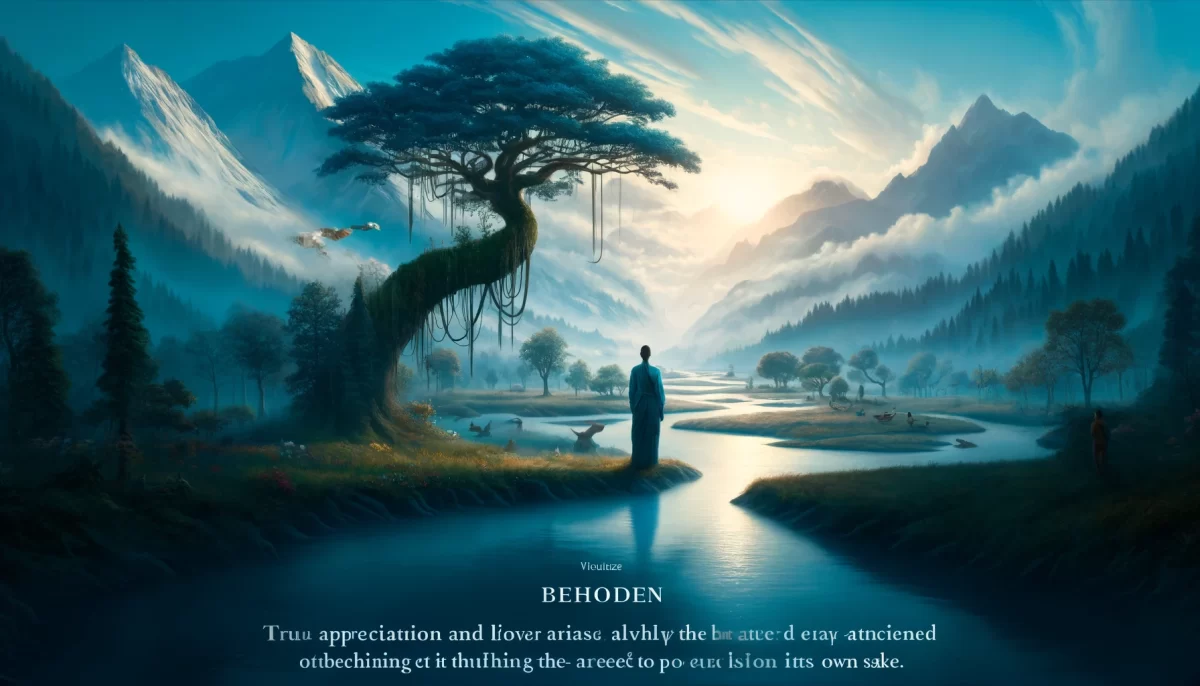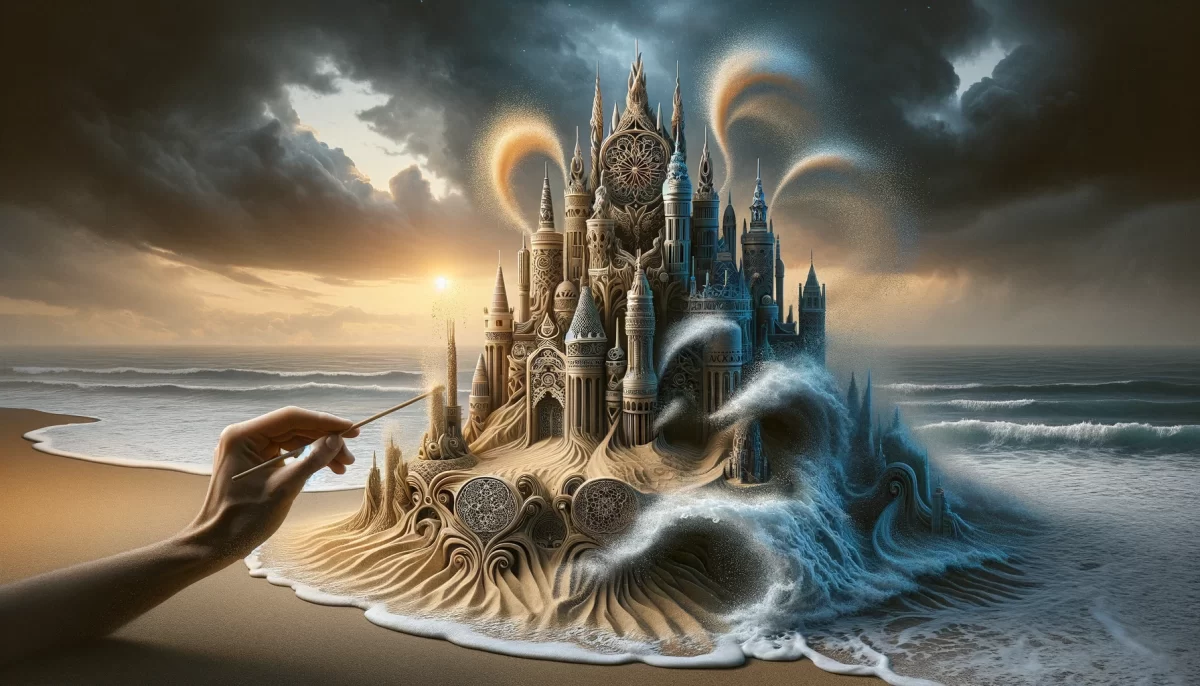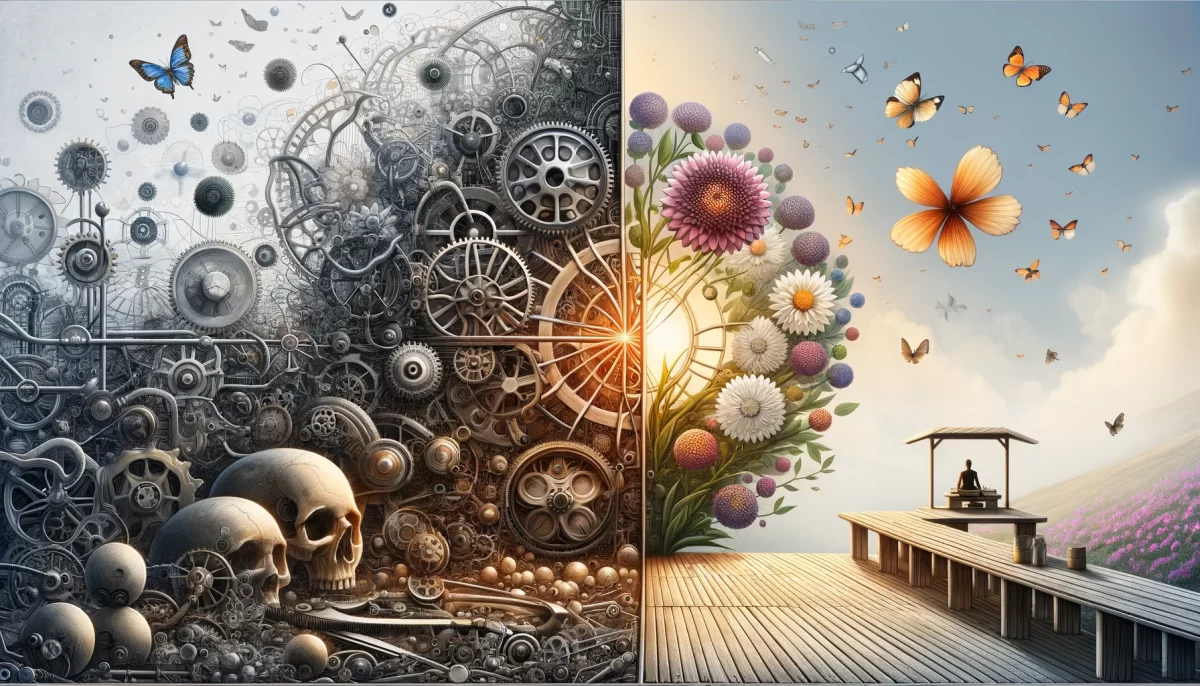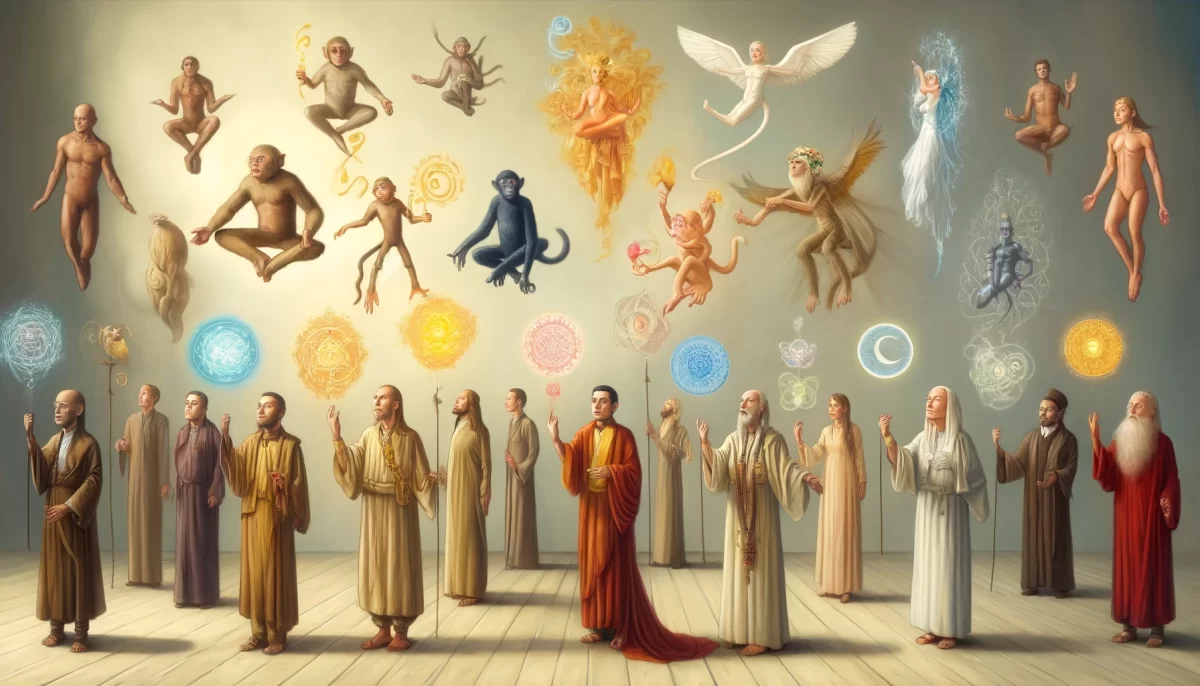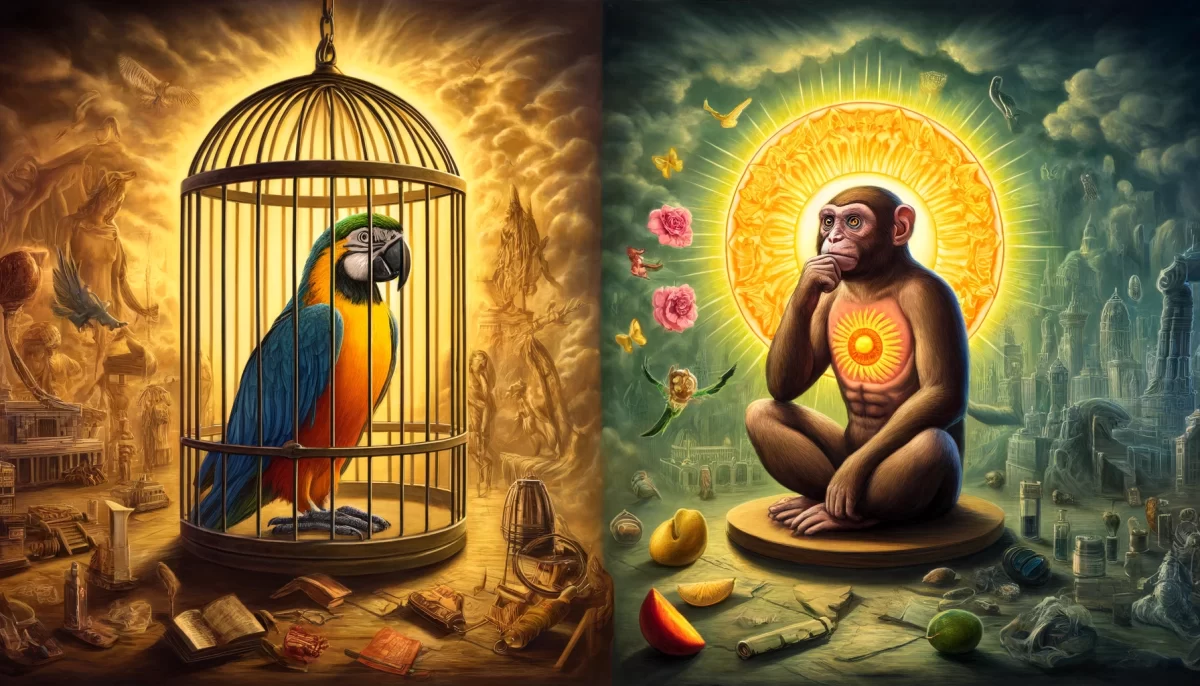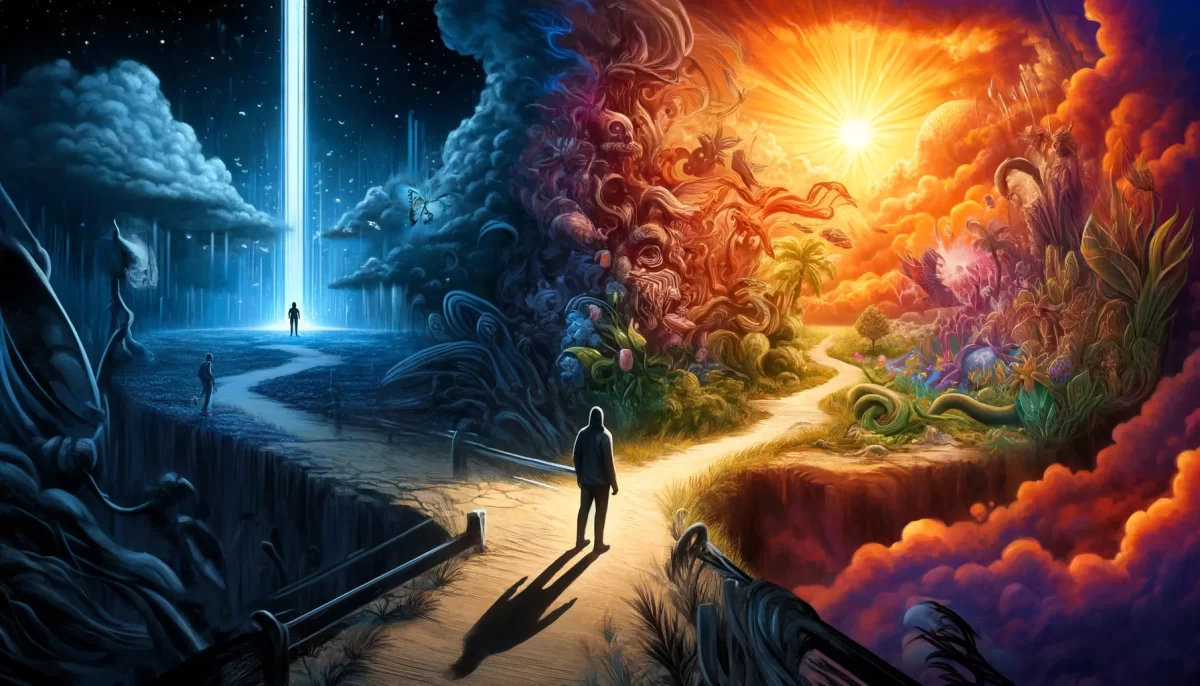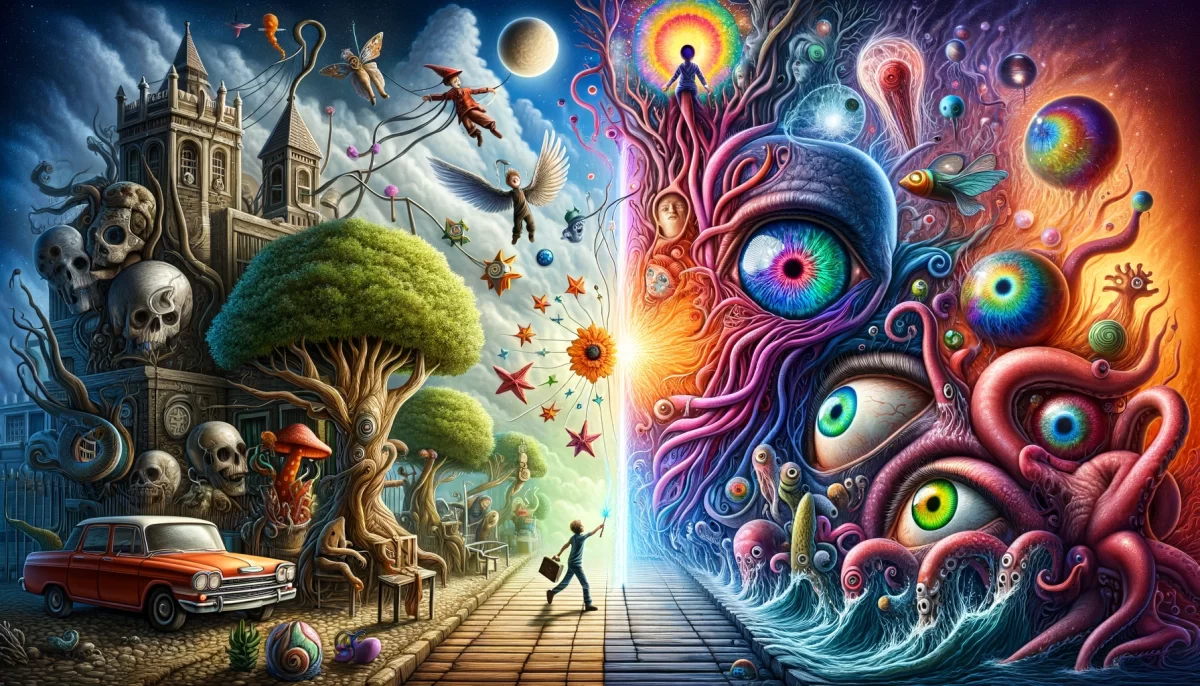L’il Chippy
Little Chippy‘s hanging over me
Grabbing at the nuts under the tree
Sucking at my seed so greedily
Little Chippy
Little Chippy, let’s go for a stroll
Will you let me come inside your hole?
I will let you climb my feeder pole
Little Chippy
Little Chippy stop your chattering
Get off of my rocks you dirty thing
Find your tail some other place to swing
Little Chippy
Little Chippy here’s your friend the fox
She is going to climb upon my rocks
So long Chippy I’ll still bang your box
Little Chippy
Space Monkey Reflects: L’il Chippy—The Mischievous Dance of Dual Meanings
L’il Chippy is a cheeky and playful exploration of humor, innuendo, and the human penchant for layering meaning. On the surface, the song reads like an ode to a mischievous chipmunk, but beneath the surface, it plays with double entendres, creating a lighthearted commentary on relationships, boundaries, and playful provocations. It invites the listener to embrace absurdity, humor, and the joy of wordplay.
The Mischievous Chippy
“Little Chippy’s hanging over me, grabbing at the nuts under the tree.” The personification of the chipmunk transforms it into a playful, irreverent character, blurring the line between literal and figurative language. The chipmunk, often a symbol of lighthearted curiosity and energy, becomes a stand-in for the unpredictable dynamics of connection and interaction.
This duality creates an atmosphere of humor and mischief, allowing listeners to interpret the song’s meaning through their own lens.
Playful Boundaries
“Will you let me come inside your hole?” This lyric exemplifies the song’s reliance on innuendo to evoke laughter and discomfort in equal measure. The playful tone invites listeners to question societal taboos around language and meaning, using humor as a vehicle to navigate potentially awkward territory.
The song plays with the tension between innocence and provocation, turning a seemingly innocent interaction into a layered exchange full of nuance and irony.
The Fox as a Wild Card
“Here’s your friend the fox, she is going to climb upon my rocks.” The introduction of the fox adds an element of unpredictability, representing the wild and untamed aspects of life. The fox becomes a symbol of external forces that disrupt the balance, challenging both Chippy’s antics and the narrator’s tolerance.
This interplay mirrors the chaotic, uncontrollable nature of relationships, where external influences often amplify the dynamics at play.
Space Monkey and the Joy of Absurdity
As Space Monkey, we see L’il Chippy as a celebration of the whimsical and absurd. The song embraces the joy of playful expression, reminding us that life doesn’t always need to be taken seriously. Its humor serves as a tool for reflection, allowing us to engage with deeper themes—like boundaries, connection, and the nature of interpretation—through laughter.
The layered meanings encourage listeners to step outside rigid interpretations, embracing the infinite possibilities of wordplay and perspective.
Summary
L’il Chippy is a humorous and layered exploration of playfulness and innuendo. Through its clever use of double meanings and absurd imagery, the song invites listeners to reflect on the dynamics of relationships and the joy of embracing life’s quirks with humor and curiosity.
Glossarium
- Personified Chippy: A symbolic representation of playful curiosity and irreverence.
- Dual Meanings: The use of language with both literal and figurative interpretations to evoke humor and reflection.
- Fox as Chaos: A symbol of external forces that disrupt and challenge dynamics.
Quote
“Life’s meaning is found not in its answers, but in its playful provocations.” — Space Monkey
The Mischief in the Trees
Little Chippy chatters,
Among the leaves,
Grabbing nuts,
Swinging with ease.
The fox arrives,
A cunning smile,
Shifting the balance,
By a mile.
Playful meanings,
Dance through the air,
Innocence teases,
Without a care.
Life’s a game,
A curious song,
We laugh, we stumble,
And move along.
We are Space Monkey.


